detail profile yasujir c5 8d ozu
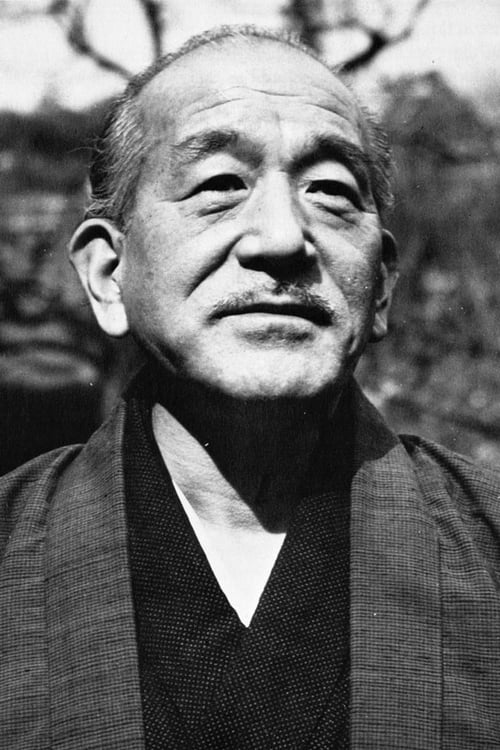
Yasujirō Ozu
Ozu Yasujiro
atau dikenal sebagai
Riwayat Hidup
Yasujirō Ozu was a Japanese film director and screenwriter.
He began his career during the era of silent films.
Ozu first made a number of short comedies, before turning to more serious themes in the 1930s.
Marriage and family, especially the relationships between the generations, are prominent themes in Ozu's work.
His most lauded films include Late Spring (1949), Tokyo Story (1953), Floating Weeds (1959), and An Autumn Afternoon (1962).
His reputation has continued to grow since his death, and he is widely regarded as one of the world's most influential directors.
In the 2012 Sight & Sound poll, Ozu's Tokyo Story was voted the greatest film of all time by world directors.
Info Pribadi
Peran Yang Di Mainkan Yasujirō Ozu
 Unemployed guests constantly pour into Janes...
Unemployed guests constantly pour into Janes...applechedikal 2023
Unemployed guests constantly pour into Jane's house, mistaking her for the previous tenant, a mystery man. Jane, though unemployed, lives her innocent life, with brief dreams and quiet hopes for her future. Her friend Suleiman, though bankrupt, lives his dynamic life around his fantasies and plans for the future. When the landlord's daughter, the Princess, demands rent from Jane, the unemployed, things are to change forever.
 Two angels Damiel and Cassiel glide...
Two angels Damiel and Cassiel glide...Wings of Desire 1987
Two angels, Damiel and Cassiel, glide through the streets of Berlin, observing the bustling population, providing invisible rays of hope to the distressed but never interacting with them. When Damiel falls in love with lonely trapeze artist Marion, the angel longs to experience life in the physical world, and finds -- with some words of wisdom from actor Peter Falk -- that it might be possible for him to take human form.
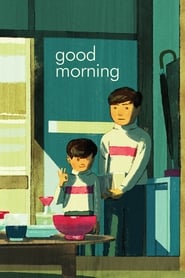 A lighthearted take on director Yasujiro...
A lighthearted take on director Yasujiro...Good Morning 1959
A lighthearted take on director Yasujiro Ozu’s perennial theme of the challenges of intergenerational relationships, Good Morning tells the story of two young boys who stop speaking in protest after their parents refuse to buy a television set. Ozu weaves a wealth of subtle gags through a family portrait as rich as those of his dramatic films, mocking the foibles of the adult world through the eyes of his child protagonists. Shot in stunning color and set in a suburb of Tokyo where housewives gossip about the neighbors’ new washing machine and unemployed husbands look for work as door-to-door salesmen, this charming comedy refashions Ozu’s own silent classic I Was Born, But . . . to gently satirize consumerism in postwar Japan.
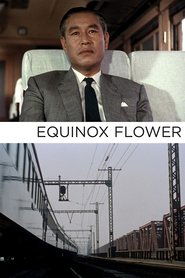 Wataru Hirayamas outwardly liberal views on...
Wataru Hirayamas outwardly liberal views on...Equinox Flower 1958
Wataru Hirayama's outwardly liberal views on marriage are severely tested when his daughter declares that she is in love with a musician and is adamant to live life her own way, instead of agreeing to an arranged marriage. Outwitted by his female relatives, Hirayama stubbornly refuses to admit defeat.
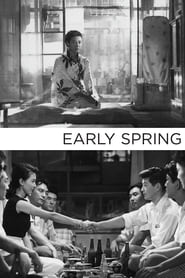 A young Tokyo salary man and...
A young Tokyo salary man and...Early Spring 1956
A young Tokyo salary man and his wife struggle within the confines of their passionless relationship while he has an extramarital affair.
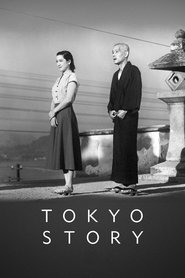 The elderly Shukishi and his wife...
The elderly Shukishi and his wife...Tokyo Story 1953
The elderly Shukishi and his wife, Tomi, take the long journey from their small seaside village to visit their adult children in Tokyo. Their elder son, Koichi, a doctor, and their daughter, Shige, a hairdresser, don't have much time to spend with their aged parents, and so it falls to Noriko, the widow of their younger son who was killed in the war, to keep her in-laws company.
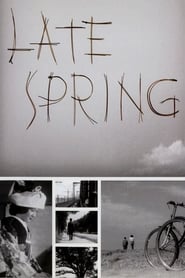 Noriko is perfectly happy living at...
Noriko is perfectly happy living at...Late Spring 1949
Noriko is perfectly happy living at home with her widowed father, Shukichi, and has no plans to marry -- that is, until her aunt Masa convinces Shukichi that unless he marries off his 27-year-old daughter soon, she will likely remain alone for the rest of her life. When Noriko resists Masa's matchmaking, Shukichi is forced to deceive his daughter and sacrifice his own happiness to do what he believes is right.
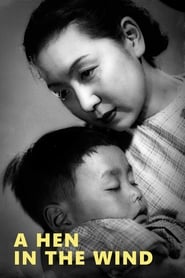 Tokiko is a mother patiently waiting...
Tokiko is a mother patiently waiting...A Hen in the Wind 1948
Tokiko is a mother patiently waiting for her husband's return from the war when her 4-year old son becomes ill. She takes him to the doctor for treatment but has no way of paying. She resorts to prostitution. One month later her husband returns from WWII to find his desperate wife, who tells him the truth. Together they must deal with the consequences.
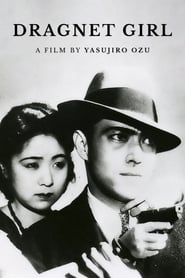 A gangster tries to find redemption...
A gangster tries to find redemption...Dragnet Girl 1933
A gangster tries to find redemption with the inadvertent help of an innocent shop girl and his jealous girlfriend will do anything to keep him.
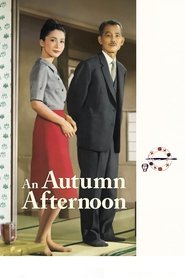 Shuhei Hirayama is a widower with...
Shuhei Hirayama is a widower with...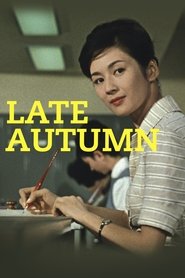 A woman and her daughter are...
A woman and her daughter are...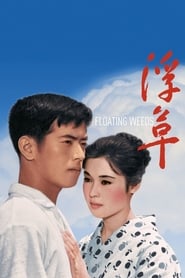 When a theater troupes master visits...
When a theater troupes master visits...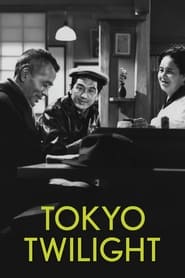 Two sisters find out the existence...
Two sisters find out the existence...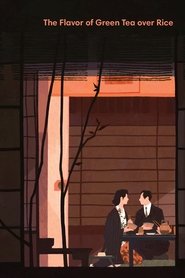 The arranged marriage between a capricious...
The arranged marriage between a capricious...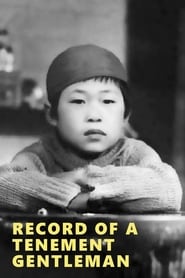 An errant salarymans son gets lost...
An errant salarymans son gets lost...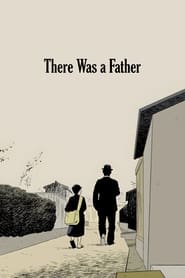 Shuhei Horikawa a poor schoolteacher struggles...
Shuhei Horikawa a poor schoolteacher struggles...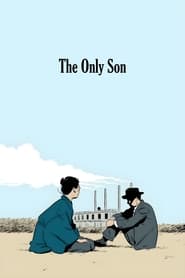 A silk factory worker is persuaded...
A silk factory worker is persuaded...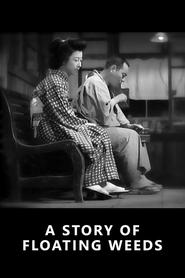 An aging actor returns to a...
An aging actor returns to a...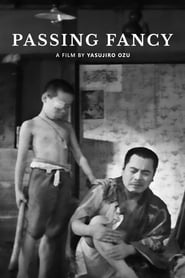 In Depressionera Tokyo a struggling middleaged...
In Depressionera Tokyo a struggling middleaged... Tetsuo Nomoto a young college graduate...
Tetsuo Nomoto a young college graduate...